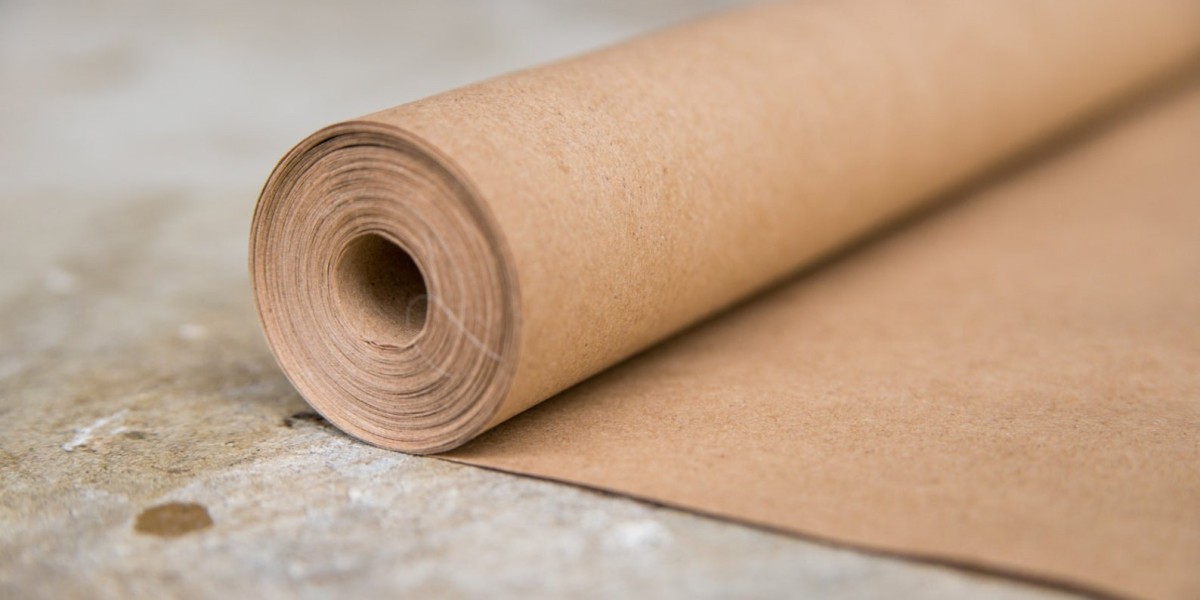Custom butcher paper is an important commodity in the food packaging and packaging industry that provides versatile solutions to the packaging of meat, lining trays, or improving brand identity. Butcher paper is not of equal quality. A sequence of extremely scrupulous testing procedures must be followed to be sure that the product can be designed to high standards of safety, utilization, and endurance.
Whether you need strength and moisture resistance, or print quality and regulatory compliance, each test ensures your paper performs in every situation. This article describes the important processes that transform your butcher paper into a high-quality packaging material.
Tear Resistance Strength
The major attribute of butcher paper roll products is durability. The paper should also be strong as to avoid tearing when wrapping meats, deli products, or even dry products. Strength testing gauges the amount of force required to rip or perforate the sheet against several pressures. Examples of tests that aid in determining how well the material can withstand high pressure in practice are tensile strength and burst strength tests, which will be used in retail and food service purposes.
Grease and Moisture Barrier
The main application of butcher paper sheets is in food contact, particularly meat with high-fat content. The paper might absorb through unless grease and moisture, and the presentation and hygienic condition will be spoiled. Soak tests and oil resistance tests assist in the determination of the ability of the paper to withstand fats, juices, as well as steam. The treated surface paper or special coated paper also needs to pass the tests of food safety and chemical leaching.
Thermal Endurance Tests
Butcher paper is normally utilized in diverse temperature environments-cold-storage to being beside heated things. Heat resistance testing is the assessment of the paper's behavior under temperature changes without disintegrating or creating unhealthy substances. This will make sure that no matter which style of butcher paper package is holding smoked briskets or ice-cold slices, the packaging will remain intact and safe.
Quality and Durability of Prints
Printed butcher paper is one of the common papers requested by brands in need of having logos, patterns, or promotional materials added. Test printing checks how vivid, transparent, and long-lasting the ink on paper is. This also involves tests of smudging, colourfastness, and solvent resistance. It is also of main concern that the ink used is non-toxic and safe to be taken as food, when printing is to be on the inside side or contact side of the wrap.
Food Safety Compliance
The issue of food safety testing is a non-negotiable moot point when it comes to custom packaging material. Agencies such as the FDA or the CFIA have the specifications of the materials in direct contact with food. Migration testing ensures that there is nothing that will transfer the food via chemicals or ink on the paper. Moreover, the certifications to such an organization as FSC or PEFC guarantee that the responsibly managed forests the paper has been produced, which is another guarantee of the credibility of your product.
Custom Coating Evaluation
Lots of the different butcher paper roll creations are covered with either wax, polyethylene, or natural materials to boost performance. Every type of coating should be subjected to some tests to evaluate its effect on recyclability, compostability, and food interaction. To check the performance of the material, coated paper is placed under simulated conditions of use, moisture, heat, and weight. Such a measure means that the coating does not affect the functionality or the sustainability of the packaging.
Uniformity in Weight and Thickness
Variability in thickness may introduce functionality problems either in the machine-fed cutting systems or when it comes to wrapping asymmetrical food products. Caliper will come whilst basis weight testing will guarantee standard density and thickness in each sheet or roll. This is essential not only for performance but also to guarantee that the consumer gets a uniform quality of the products in each batch.
Real World Application Tests
Field testing of custom deli paper before market should take place under the conditions of the real usage setting: delis, butcher shops, supermarkets, or restaurants. The tests are done on how easy to wrap, consumer interaction, how they will absorb, and the naked look of food. The information about the specific issues that may be ignored by people will be obtained when gathering the feedback of real users, and it will be certain that the product is ready for mass distribution.
Eco-Friendly and Disposal
Since sustainability is one of the main values of a modern consumer, paper products should go through compostability and recyclability tests. Such custom butcher paper, manufactured of virgin or recycled material, must have its environmental claims verified. Tests consist of: biodegradability, decomposition in ink, and recycling in municipal schemes. Environmentally conscious buyers are a major selling point of a product that works efficiently without compromising the environment.
Conclusion
There exist varied performance, safety, and environmental tests that custom butcher paper products should go through to prove they are as good as industry and consumer demands. Moisture resistance level and Food-safety compliance, quality of print, and sustainable disposal, among others, are critical tests toward assuring a high-end packaging experience.
As a deli owner, meat supplier, or branding consultant, quality-tested butcher paper is sure to leave your customers satisfied with the product integrity. In an era where presentation, hygienand sustainability are more important than ever before, custom butcher paper, which has been thoroughly tested, is a familiar, reliable, high-performance selection.







